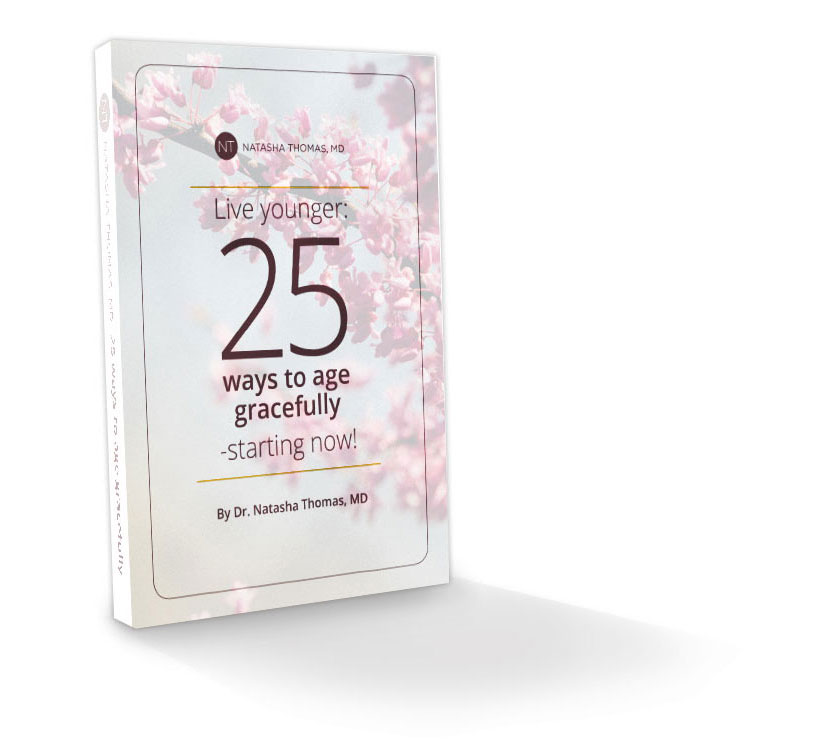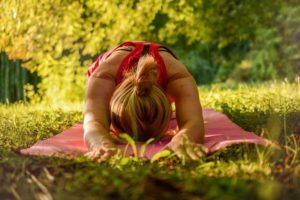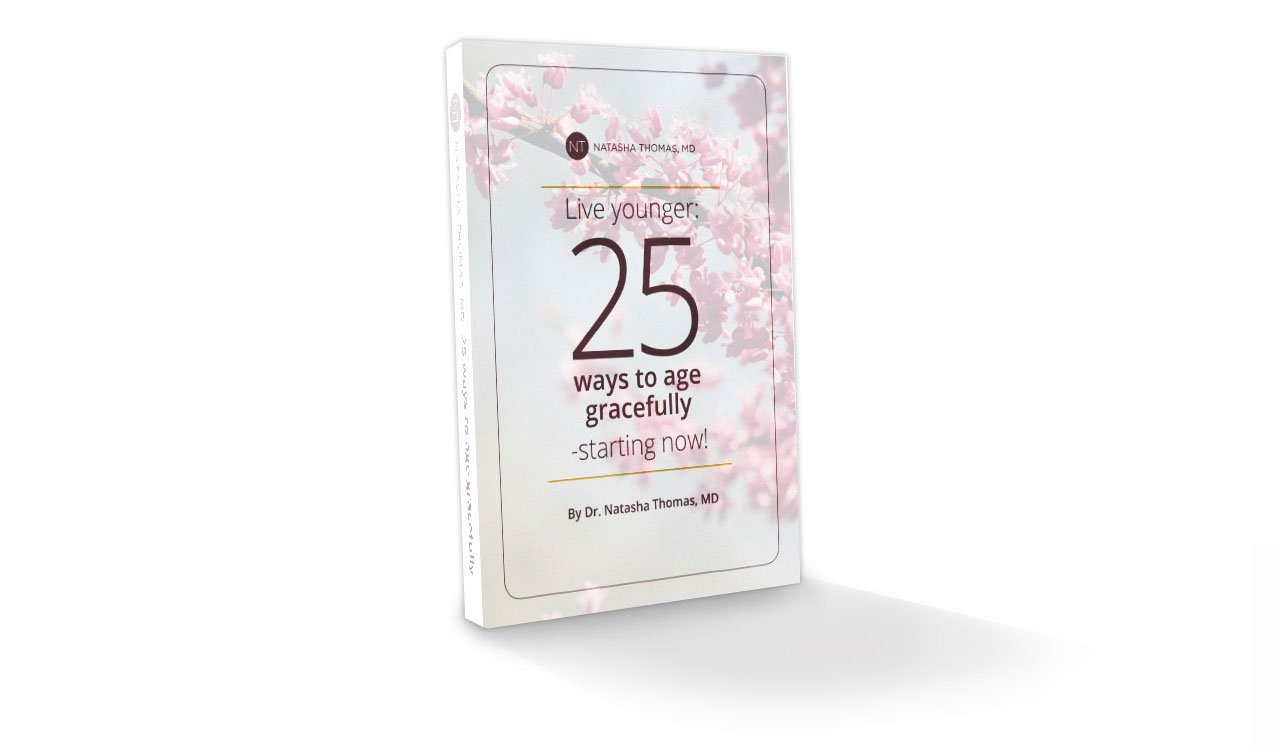Posted on: April 29, 2020
We are living in unprecedented times, with a worldwide coronavirus (COVID-19) pandemic in progress.
When people face the unknown, especially one with lethal potential, it’s natural to feel fearful. Fear is defined as the panicky bodily sensations associated with facing a perceived immediate threat.
However, when uncertainty reigns, as it has with this crisis, many people have fallen into low-level chronic anxiety, with worrisome thoughts, such as “what if this (or that) happens.”
Anxiety is not a good coping strategy. Chronic anxiety is stressful, and stress is not healthy.
The best remedy for fear is arming yourself with knowledge.
Your Best Defense is a Good Offense
When I suggest arming yourself with knowledge, I’m not talking about being glued to the newsfeeds on your smartphone 24/7. I’m talking about gaining self-empowering knowledge of how you can optimize your natural health defensive strategy.
Beyond social distancing, frequent hand washing, and staying at home—all critical to incorporate— there’s a lot more you can do to optimize your health and minimize your susceptibility to infection. Here are some practical ways you can help yourself and your family, right here and now.
Your Immune System
The immune system is a nebulous concept for most people. It’s not an organ, like the heart that you can feel beating or the lungs that you can feel breathing. It’s more like microscopic “first responder” scouts throughout your body that set up cascades of events when unhealthy elements are detected.
Scientists saw long ago how the immune system functioned in the body through the effects it caused when faced with infection. For example, they observed how a cold might cause clear, then colored, nasal discharge, and deduced after mucosal examination, that the body’s immune system was working to overcome the viral or bacterial assault. Or, maybe a fever would raise the body’s temperature to kill offending invaders.

But only in recent times have researchers made the discovery that most of our immune system resides in our gut! Even more surprising, they discovered that our immune systems depend on a wide variety of microorganisms, which they called “microbiota.” And most mind-blowing of all, our internal ecosystem consists of—and absolutely depends on—a wide variety of bacteria, viruses, and fungi. We cannot live without them. Scientists call this internal ecosystem the microbiome.

Enjoying this article?
Subscribe + don’t miss the next one!
We’ll also send you our e-book: Live Younger 25 Ways to Age Gracefully—Starting Now.
Not All Bugs Are Bad
Most people believe if they could just live in a completely sterile world, they would be safe from disease. Nothing could be further from the truth. The fact is that we need all sorts of bugs, but we need a greater proportion of good ones to keep the bad ones in check and to maintain health.
Just as we need all sorts of people in a vibrant, creative, respectful society, we need all sorts of biological components in a healthy body. It’s a similar analogy in the organic garden: properly nourished plants are healthy and resist bad bugs and disease.
The key is harmonious balance, in civilization, nature, and ourselves.
3 Simple Ways to Pump Up Your Immune System
Vitamin C
Inflammation is like a fire inside your body. Antioxidants, such as Vitamin C, are like the fire department that helps put it out.
Inflammation is the underlying cause of nearly every disease. You can easily see your immune system at work when you have a cut that gets red as it heals. But inflammation inside your body is trickier to spot. Cardiovascular disease (CVD) isn’t called “the silent killer” for nothing.
People with underlying health conditions, such as CVD and diabetes, are more susceptible to viral infections. Why?
Because their immune systems are already overtaxed from ongoing inflammation. Their bodies are fighting to put out fires already, and they can’t deal with any more.
Sadly, diabetes and CVD kill far more people per year than any virus ever has. Yet even during this serious COVID-19 pandemic, Vitamin C has shown promising results for treating the virus.
It makes sense to protect your health with Vitamin C all year long, not just now.
Vitamin C is one of the safest and most well-studied antioxidants of all. You can buy Vitamin C inexpensively as a powder (“crystals”), two types of crystals to look for are “Ascorbic acid” and “sodium ascorbate”.
How much should I take?
Individual needs vary. Some people need many thousands of milligrams per day, especially when they feel they are “coming down with something.” I recommend that you start with 1 to 2,000 mg. per day. I use ascorbic acid crystals stirred into water. If it’s too tart for you, add a tiny touch of natural juice. Rinse with water afterward, just as you should after eating a lemon, to protect your tooth enamel.
Vitamin D
Vitamin D has emerged in recent years as crucial for the immune system. It has antioxidant properties and supports your immune system’s “first responder” scouts. Vitamin D deficiency is linked to autoimmune disease. But most key right now, a deficiency of vitamin D has also been shown to contribute to acute respiratory failure, one of the serious symptoms of COVID-19.

With nutrients in general, including vitamin D, it’s important to understand that individual requirements vary. People in the same family may all have different levels and needs. It’s impossible to know, without a blood test, how much vitamin D your body is actually absorbing. Differences in body mass, age, health status, and where you live (available sunlight) all affect your levels.
How much should I take?
A blood test (25-hydroxy vitamin D) can determine your levels. However, in this lockdown situation, you may not be able to get out to get that blood test right now. So, I recommend taking 2,000 IUs of Vitamin D3 per day to start. -Confusingly, the Vitamin D Council advises 5,000 IU per day. Some functional medicine doctors recommend around 8,000 IU a day. Yet the Institute of Medicine recommends 4,000 IU per day as the tolerable upper level.
Opinions may vary on how much people should take, but everyone agrees that vitamin D3 (cholecalciferol) is preferable to vitamin D2 (ergocalciferol).
So, again, I recommend 2,000 IUs of Vitamin D3 to start (during this crisis), but please have your blood levels checked as soon as possible. Ideally, you would take the amount that’s exactly right for you. The blood serum test again is: 25-hydroxy vitamin D.
Melatonin
This well-known substance assists in sound sleep, but new research shows that it also supports the immune system. Older people produce less melatonin, and they are more susceptible to viral infections.
Melatonin has antioxidant effects, and it may also offer important benefits key to this current pandemic, specifically for respiratory health.
Melatonin improves natural killer cells, T- and B-lymphocytes, granulocytes, and monocytes, which are all part of your immune system’s first responder team. It is also very safe.
How much should I take?
Ideally, you would have your levels checked to get an individualized dosage, but for general health, I recommend 3 mg. per day.
Enjoying this article? Subscribe + don’t miss the next one!
We’ll also send you our e-book: Live Younger 25 Ways to Age Gracefully—Starting Now.
Bonus Points: Lift Your Lifestyle, Lift Your Spirits
Diet: do your best to eliminate sugar (even juice), refined carbohydrates, alcohol, and junk food. It all feeds inflammation and lowers your immune system. Eat more healthy vegetables, proteins, and good fats. Drink pure water. As your gut microbiome/ immune system is fed what it needs, you’ll feel better. There’s never been a greater incentive to change for the better.
De-stress in whatever ways work for you. It’s important. Make it a priority.
Here are a few ideas to get you started: practice calming breathing techniques, Tai Chi, yoga, mindfulness (being present), kindness, creativity, expressing gratitude, take walks in nature, read inspirational books, unplug from the news, journal, sing, draw, smell the roses. Smile. Even if you’re wearing a mask—others may feel and sense it, even though they can’t see it.

Remember, being physically active (fitness) not only reduces stress, it also lowers blood sugar (a risk factor for diabetes, which is also an underlying risk for negative outcomes in COVID-19 infections). And now knowing how important melatonin is for the immune system, make restful, restorative sleep a priority as well.
Ultimately, the more you do to reduce stress and fear, the healthier you will be. Support your health every way you can, and encourage others to do the same. A positive attitude is contagious.
Spread knowledge and good vibes and inspire others to do the same.
If you or anyone you know would like some personalized health guidance, schedule an appointment with me here.
Wishing you and yours abundant health and peace of mind.

